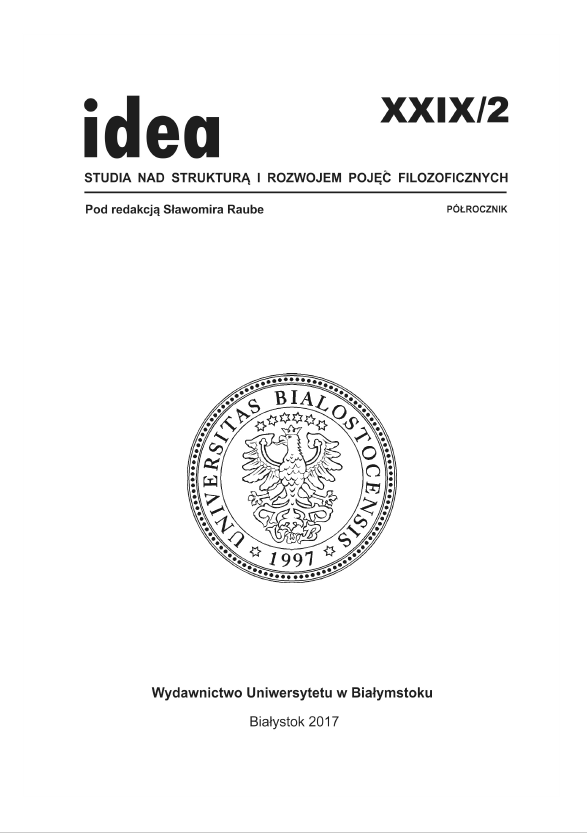How Philosophy Caused World War I… and Others
How Philosophy Caused World War I… and Others
Author(s): Anthony Afe. AsekhaunoSubject(s): Philosophy, Social Philosophy
Published by: Wydawnictwo Uniwersytetu w Białymstoku
Keywords: war; philosophy; ideology; nationalism; militarism; alliance
Summary/Abstract: For all my small years of appreciating social import or product of philosophical reflection is the realization that all of human history has been a product of some critical reflection. Right from Thales’ curiosity to the present, human history has witnessed steady dialectical progress and desolation. From Galilean world view, Newtonian physics, to Wright Brothers airplane; and from the computer, atomic/nuclear/oxygen bomb, to the boundless social media of the contemporary, the world has had untold progress (through its curiosity and critical thought), with its devastating evil other-side–the acme of which is a highly technologically united world that can be extinguished in few minutes by its own product (philosophy). Such philosophical thought precipitated Goldman’s anarchism (against patriotism), colonialism, nationalism, Marxism, liberalism, conservatism, communism, fascism, and Nazism all which respectively became potent pressures in quest for change. Consequently, the contention of present article is that the much blood has flowed in every parts of the world as a result of the tensions arising from incompatible philosophical ideologies and the men and women who espoused them, culminating in a polarized world and the World Wars and others around the world. After a careful analysis of some of those pedestals for war-passions, the work discovers that although philosophical though has improved the world, it has also set-up the matrix for dissention. It concludes, therefore, only a new, impersonal humanitistic nonantagonistic philosophy could reverse the trajectory and avert another impending apocalypse. Philosophy ought to help in bringing about moral meaning, to a better, more rational world, not war.
Journal: Idea. Studia nad strukturą i rozwojem pojęć filozoficznych
- Issue Year: 2/2017
- Issue No: XXIX
- Page Range: 230-240
- Page Count: 11
- Language: English

